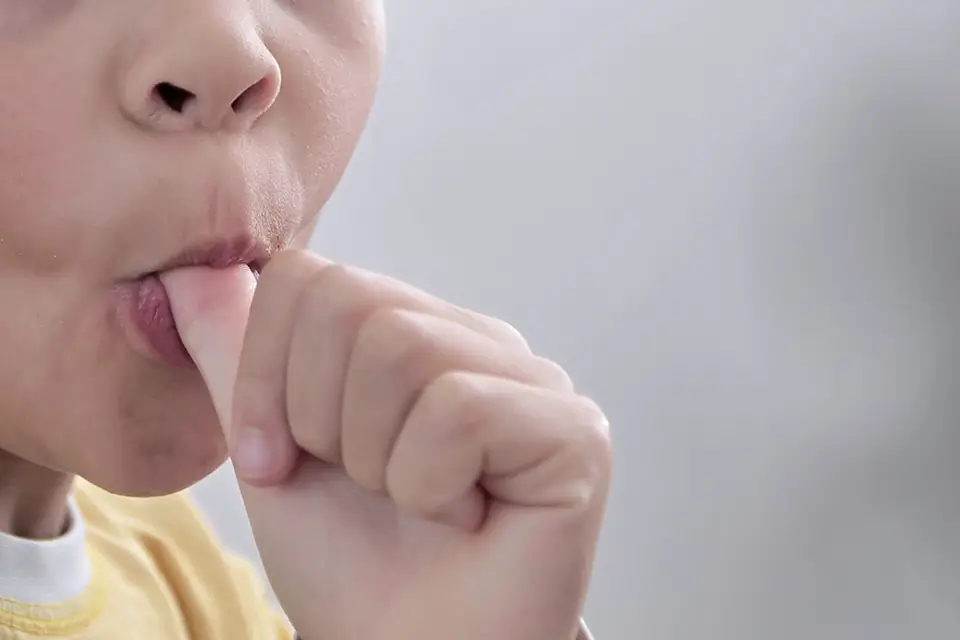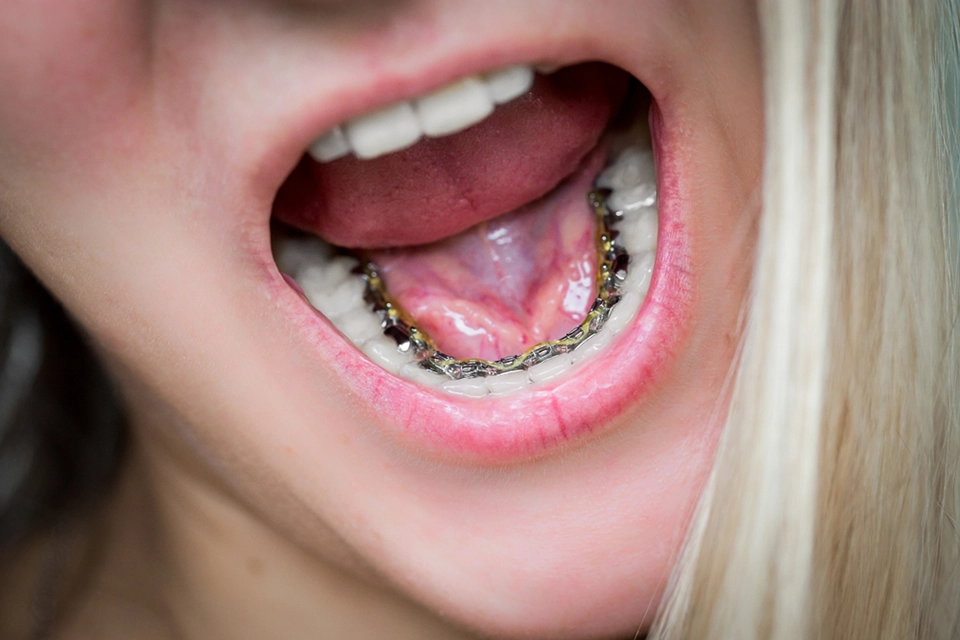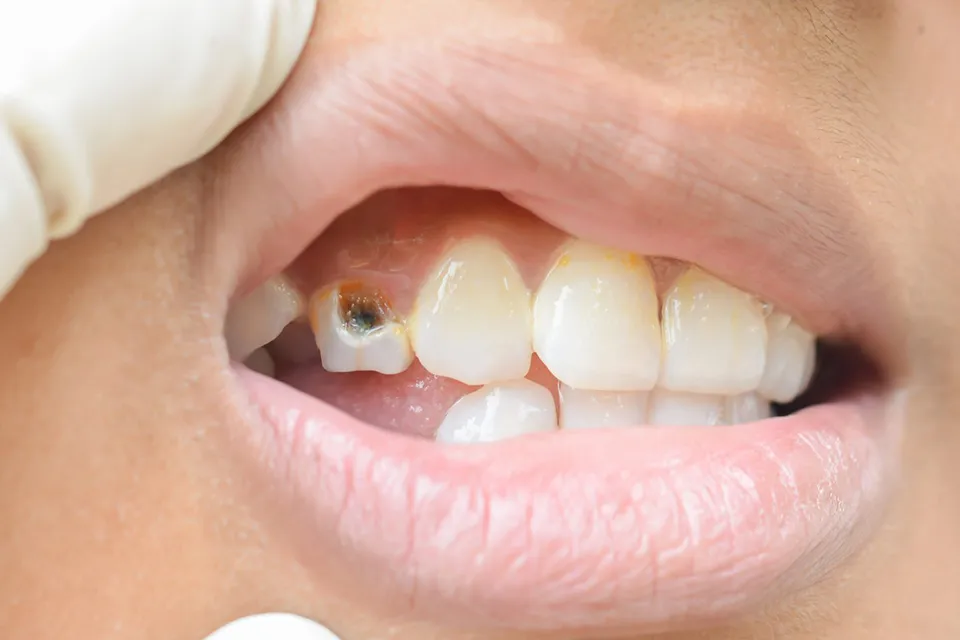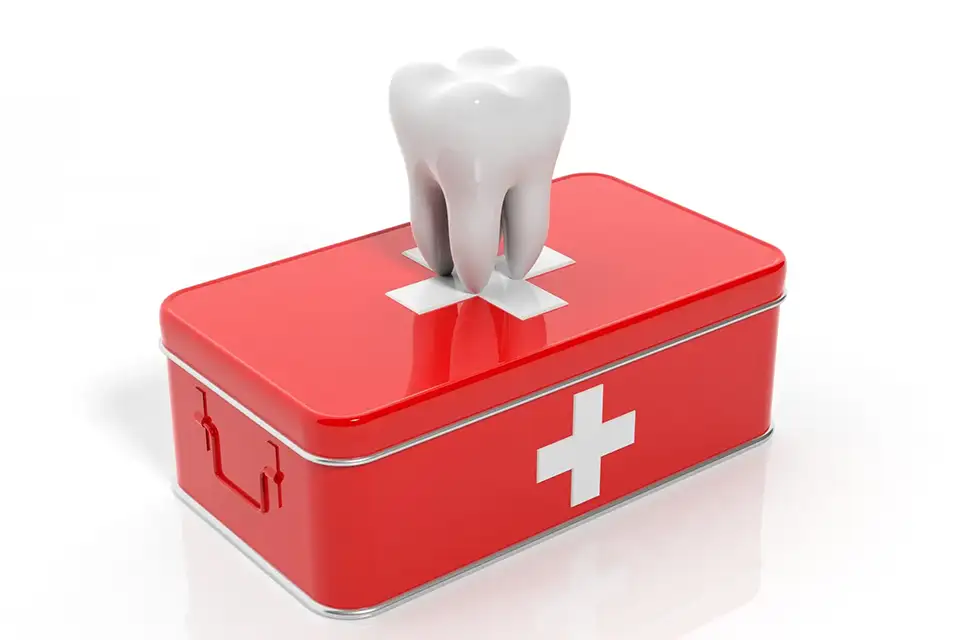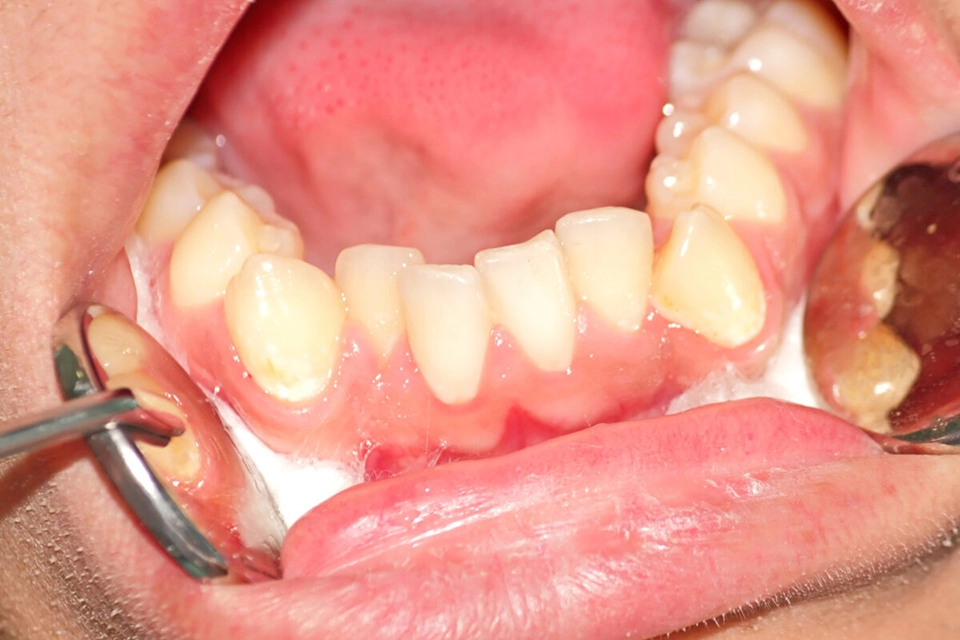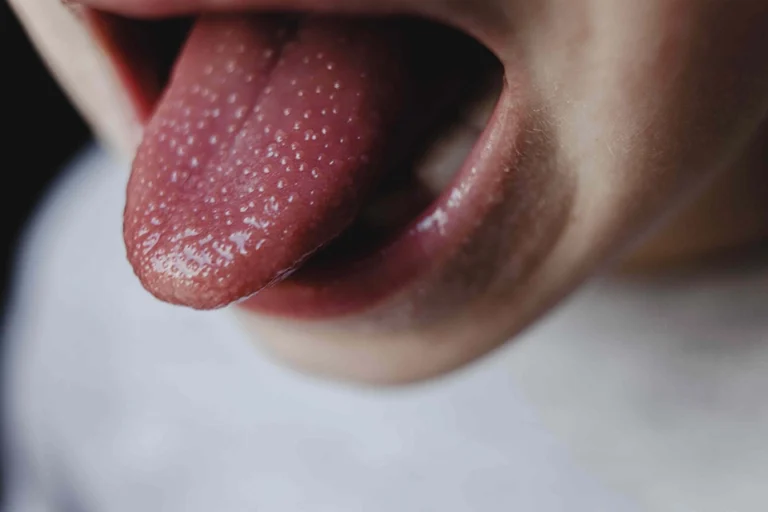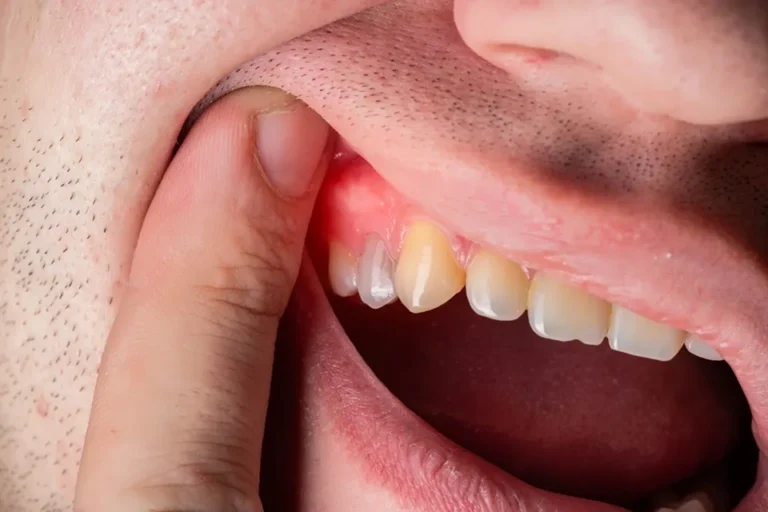Bicuspid teeth, also known as premolars, are essential components of our oral structure. These teeth, located between the canines and the molars, play a crucial role in our overall dental health. Zara Dental in Houston, Texas, provides an in-depth look at bicuspid teeth’ anatomy, function, and importance.
What Are Bicuspid Teeth?
Bicuspid teeth, or premolars, are positioned between the canine and molar teeth within the dental arch. They do not appear in childhood but rather emerge during the transition from primary to permanent teeth, usually between the ages of ten and twelve. These teeth are unique to the permanent dentition and function as a natural replacement for primary teeth, preparing the way for the later emergence of adult molars. Bicuspids primarily bridge the functional gap between canines’ sharp tearing ability and molars’ robust grinding capability.
Functions of Bicuspid Teeth
Bicuspids play essential roles in several oral functions, including:
- Chewing and Grinding: Bicuspid teeth have broad and flat surfaces, making them ideal for crushing and grinding food. This functionality is necessary for proper digestion because it begins the process of breaking down food into smaller, more manageable pieces.
- Maintaining Dental Alignment: These teeth are critical for dental alignment and spacing within the mouth. They serve as placeholders for teeth, ensuring proper spacing and alignment and preventing dental problems like overcrowding or excessive gaps.
- Supporting Facial Structure: Bicuspids are essential in facial aesthetics and dental function. They contribute to the jaw’s vertical height, support facial muscles, and influence facial symmetry and appearance.
Types of Bicuspid Teeth
There are two types of bicuspid teeth, each with distinct features and roles:
- First Premolars: These teeth are located directly behind the canines and are often distinguished by having one or two roots. They are generally more pointed than their counterparts and play an essential role in tearing food.
- Second Premolars: Second premolars are located next to the first premolars and before the molars. They typically have one root and a flatter, broader surface better suited for grinding food.
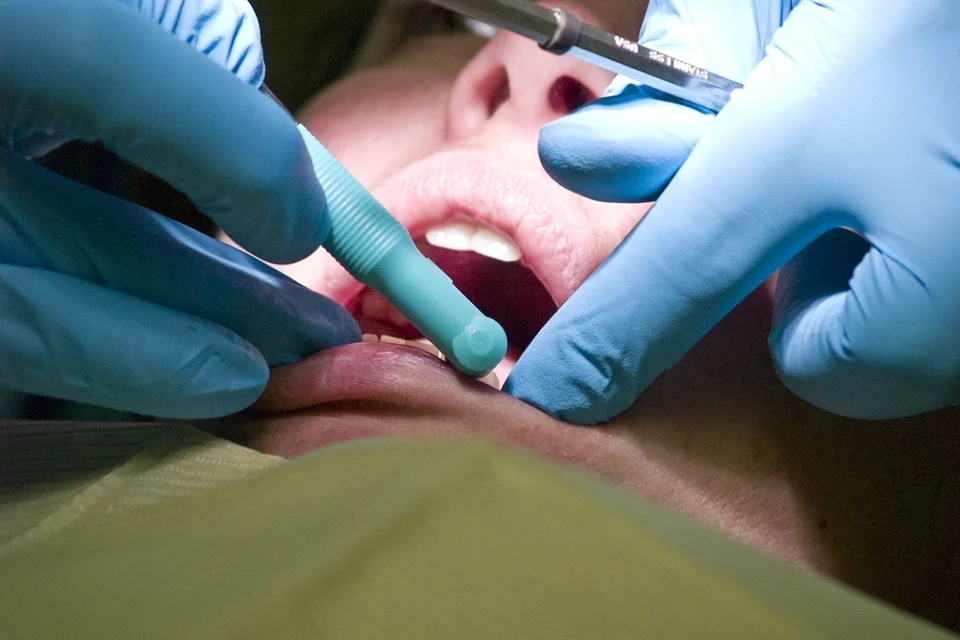
Bicuspid Teeth in Children vs. Adults
Bicuspid teeth eruption is a significant developmental milestone in both children and adults. These teeth typically begin to appear when a child is between ten and twelve years old, coinciding with the shedding of primary teeth. This procedure is critical for properly aligning and spacing permanent teeth, which will last into adulthood. Understanding the timeline and function of bicuspid teeth eruption can assist parents and caregivers in better managing their children’s dental health.
FAQs About Bicuspid Teeth
How many bicuspids does an adult have?
An adult typically has eight bicuspid teeth, with four located in each jaw.
What's the difference between bicuspids and molars?
Bicuspids are smaller and have fewer cusps compared to molars. While dentists use both for grinding, molars are more robust and can handle heavier grinding and crushing of food.
Why are bicuspids often removed during orthodontic treatment?
Orthodontists may remove bicuspids to create more space in the mouth, helping to align the remaining teeth properly and alleviate issues such as crowding.
Can bicuspids be replaced if lost?
Yes, you can replace lost bicuspid teeth with dental implants or bridges. These replacements help restore full functionality and maintain the proper alignment of surrounding teeth.
Importance of Bicuspid Health
Maintaining bicuspid teeth’ health is critical to oral hygiene. Regular dental check-ups, proper brushing, and flossing can prevent common issues, including gum disease and cavities, that can afflict bicuspids. Furthermore, because bicuspids play an essential role in chewing and digestion, their health directly impacts nutrition and digestive efficiency.
At Zara Dental in Houston, Texas, we value every tooth, including bicuspid. Our expert team provides comprehensive dental care, including routine check-ups and complex dental procedures, to keep your bicuspids and other teeth healthy and functional. Whether you require preventive care or specialized treatments, our clinic is fully equipped to meet your dental needs with professionalism and care.

